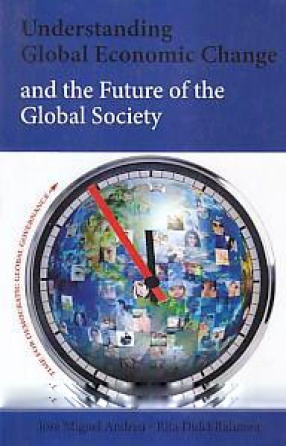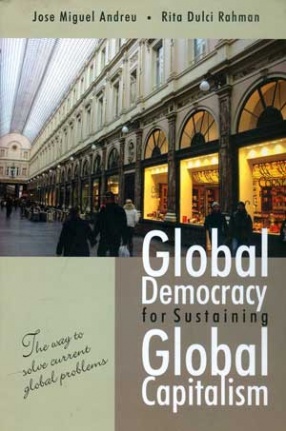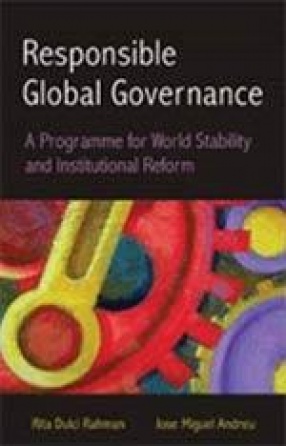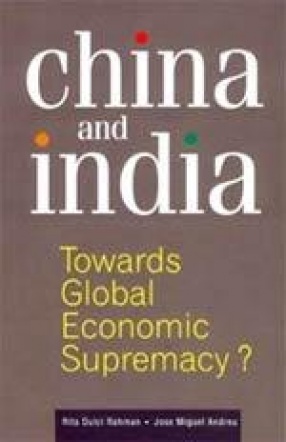
Showing all 4 books

This book attempts at understanding global economic change and the future of the global society. After analyzing the financial crisis starting in the USA in 2007 and moving to the European Union, and taking into consideration the current economic globalization without global democratic governance, it proposes the reorganization of the United Nations on a democratic basis which will progressively induce the disappearance of hegemonic powers, and the reorganization ...

Worldwide there is a growing perception among intellectuals, politicians and citizens, that current global problems and conflicts cannot be solved by national governments, even not by the most powerful ones. It is also more and more observable that the current multilateral institutions (UN, World Bank, IMF, WTO, etc.), created in the oftermath of the second World War to administrate political stability and economic prosperity, can no longer deliver in today's ...

Since 1820 and till the beginning of the 21st Century, the so-called growing economic gap between the developed world and the developing countries has not changed its gloomy trend. The mentioned dismal tendency seemed to reverse only for a few years, during 1950 to 1973. In the 70s, the two oil-crises that unleashed inflation and reduced growth rates forced economic theorists and practitioners to look for a new economic policy. This economic restatement finally ...

China and India, currently the two most widely discussed countries of Asia are considered to be the wings of Asian economic take off. The first one is a country with plenty of economic opportunities for the developed countries, who try to maximize exports to China and invest massively in it. nevertheless, it has recently become the country most feared by Western governments, since its overwhelming industrial exports already seem to flood the corresponding markets ...
